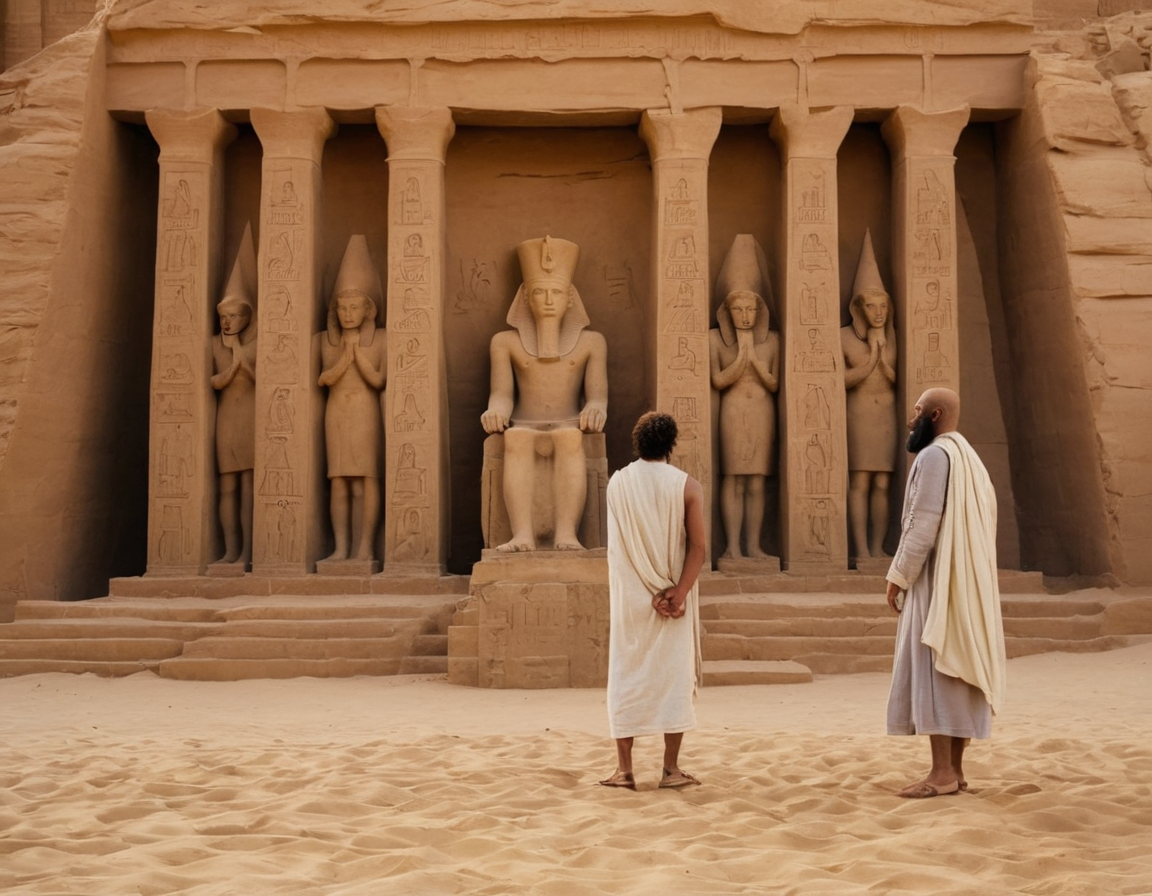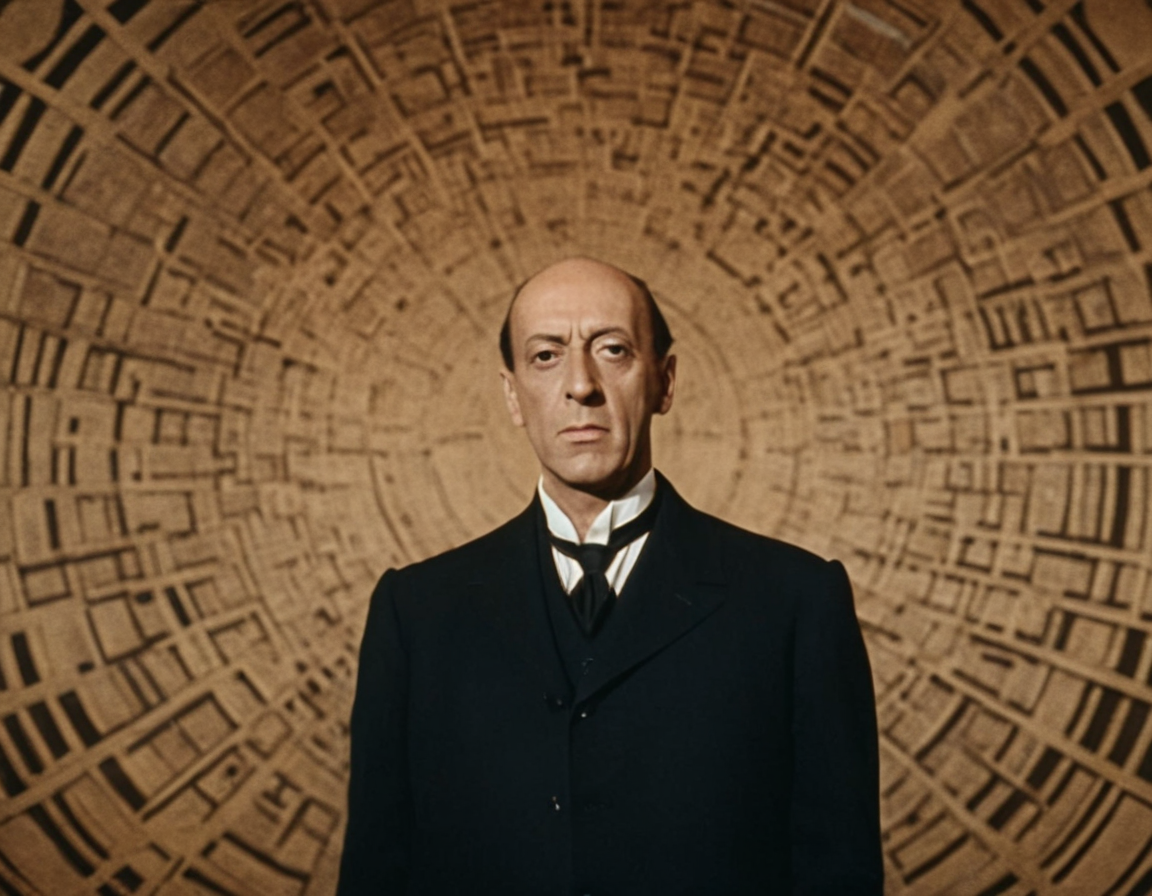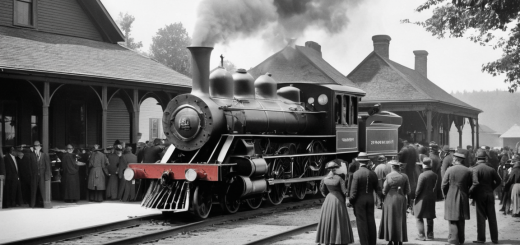Revisiting Schoenberg’s Genius in ‘Moses und Aron’: A Timeless Tale of Modern Opera
Exploring Schoenberg’s Operatic Masterpiece: ‘Moses und Aron’
Arnold Schoenberg’s unfinished opera ‘Moses und Aron’ remains one of the 20th century’s most enigmatic and thought-provoking works. Its challenging themes and innovative use of twelve-tone composition have made it a subject of study and admiration among opera enthusiasts and scholars alike. In this blog post, we dive into this masterpiece, its historical context, and its continued relevance today.
The Historical Significance of ‘Moses und Aron’
Schoenberg began composing ‘Moses und Aron’ in the early 1930s, a tumultuous period marked by the rise of Nazism in Germany and significant socio-political upheaval across Europe. The opera is a reflection on communication, faith, and the idea of God, deeply rooted in Schoenberg’s own Jewish heritage and his experiences during those years.

The Narrative and Symbolism
The conflict between Moses, the man of profound ideas who struggles with articulating them, and his brother Aron, the eloquent speaker, bears significant philosophical and psychological undertones. The story, centered around the Biblical tale of the exodus from Egypt, is layered with Schoenberg’s exploration of the limitations of language and the complexities of conveying absolute truth.
Schoenberg’s Twelve-Tone Technique and Musical Innovation
The opera also stands as a testament to Schoenberg’s innovative twelve-tone technique, which revolutionized musical composition. Schoenberg’s system treats all twelve notes of the chromatic scale as equals, eliminating traditional harmonic hierarchies and creating a complex, yet emotionally potent soundscape.
The Film Adaptation
The 1975 film adaptation by Jean-Marie Straub and Danièle Huillet offers a unique perspective on Schoenberg’s work. Despite its rigid adherence to the original opera, the film is a visually striking and philosophically rich interpretation that brings the opera’s themes to the screen. It remains an important piece of cinema for both opera afficionados and film lovers.

Why ‘Moses und Aron’ Matters Today
Today, ‘Moses und Aron’ is celebrated not only for its groundbreaking composition but also for its timeless themes. Its exploration of communication barriers, the power of rhetoric, and the struggle between faith and rationality are as relevant in today’s digital age as they were in Schoenberg’s time.
Whether you’re an opera enthusiast, a student of music, or simply curious about cultural history, ‘Moses und Aron’ is a profound piece that continues to resonate. For those interested in experiencing the opera live, check for upcoming performances at your local opera house, and don’t miss the chance to immerse yourself in one of the most innovative works of the 20th century.
Call to Action: Share your thoughts on how ‘Moses und Aron’ has impacted the arts or reflect on your personal experiences with the opera in the comments below. Let’s keep the conversation going!






